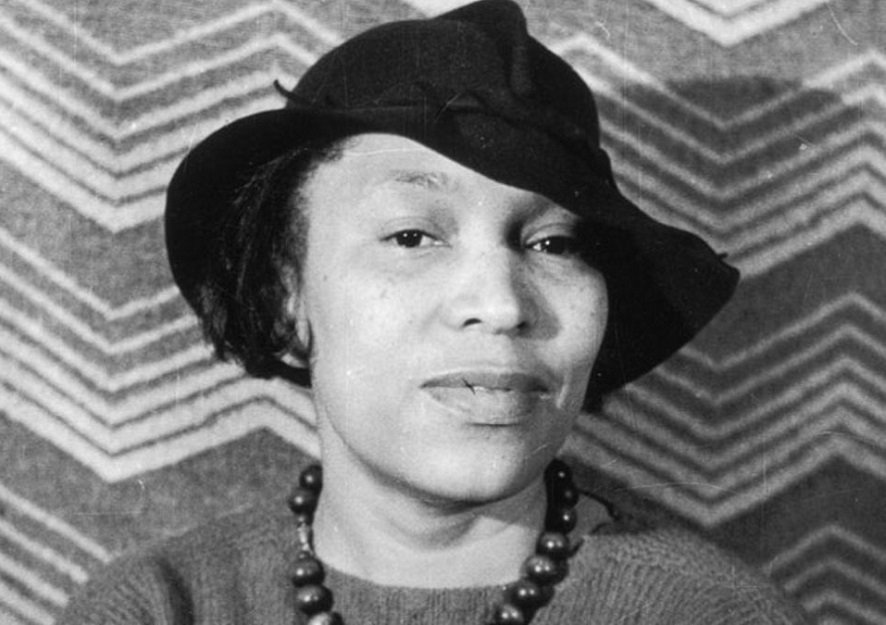African American author, Zora Neale Hurston, who wrote the literary classic, Their Eyes Were Watching God, has unpublished work, and it is set to be released this year.
According to Hurston’s autobiography, Dust Tracks on a Road, she was born in Eatonville, Florida in 1891 to two former slaves. She lived with a few family members after her mother died and her father remarried. She supported herself through school by working odd jobs, including one as a maid. Hurston eventually earned an associate degree from Howard University, and later a scholarship to Barnard College where she studied anthropology.
Hurston, an anthropologist and novelist was an instrumental figure in the Harlem Renaissance of the early 1920s. She worked and associated with many prominent figures of the time, including acclaimed poet and activist Langston Hughes. She also experienced some early literary success of her own, including the publication of stories from her anthropological work, Mules and Men (1935), and her first novel, Jonah’s Gourd Vine in 1934, which landed her a Guggenheim fellowship, and allowed her to work on what would be her most famous work: Their Eyes Were Watching God, 1937.
According to Biography.com, Hurston published other works after Their Eyes Were Watching God, mainly her autobiography, Dust Tracks on a Road. But, she soon faced public fallout when she was accused of molesting a 10-year-old boy, although it was later found that she was out of the country at the time of the alleged crime.
She eventually died alone and poor in 1960 after struggling to get other works published; and was buried in an unmarked grave in Fort Pierce, Florida. It wasn’t until writers like Alice Walker made reference to Hurston’s work in 1975 that she would resurface in the American literary scene again.
Hurston’s soon to be released book, Barracoon, is set to be published by HarperCollins this year. Barracoon, The Story of the Last Slave is another one of her non-fiction works – one of anthropological nature. According to the Black Youth Project:
“Barracoon tells the story of the last known person to survive the transatlantic slave trade, a man named Cudjo Lewis. Many know that Hurston was an acclaimed fiction writer, but here it is her work as an anthropologist that shines. Hurston was able to sit down in the Black community of Plateau, Alabama, which was founded by Cudjo Lewis and other ex-slaves from the ship that brought them to America, and talk with the then 95-year-old Lewis about his life in 1931.”
HarperCollins explains, “In 1927, Zora Neale Hurston went to Plateau, Alabama, to interview ninety-five-year-old Cudjo Lewis. Of the millions of men, women, and children transported from Africa to America as slaves, Cudjo was then the only person alive to tell the story of this integral part of the nation’s history. Hurston was there to record Cudjo’s firsthand account of the raid that led to his capture and bondage fifty years after the Atlantic slave trade was outlawed in the United States.”
Barracoon is a telling tale of the hunting legacy of slavery for a country, and actually a world, that continues to wrestle with its aftermath.










